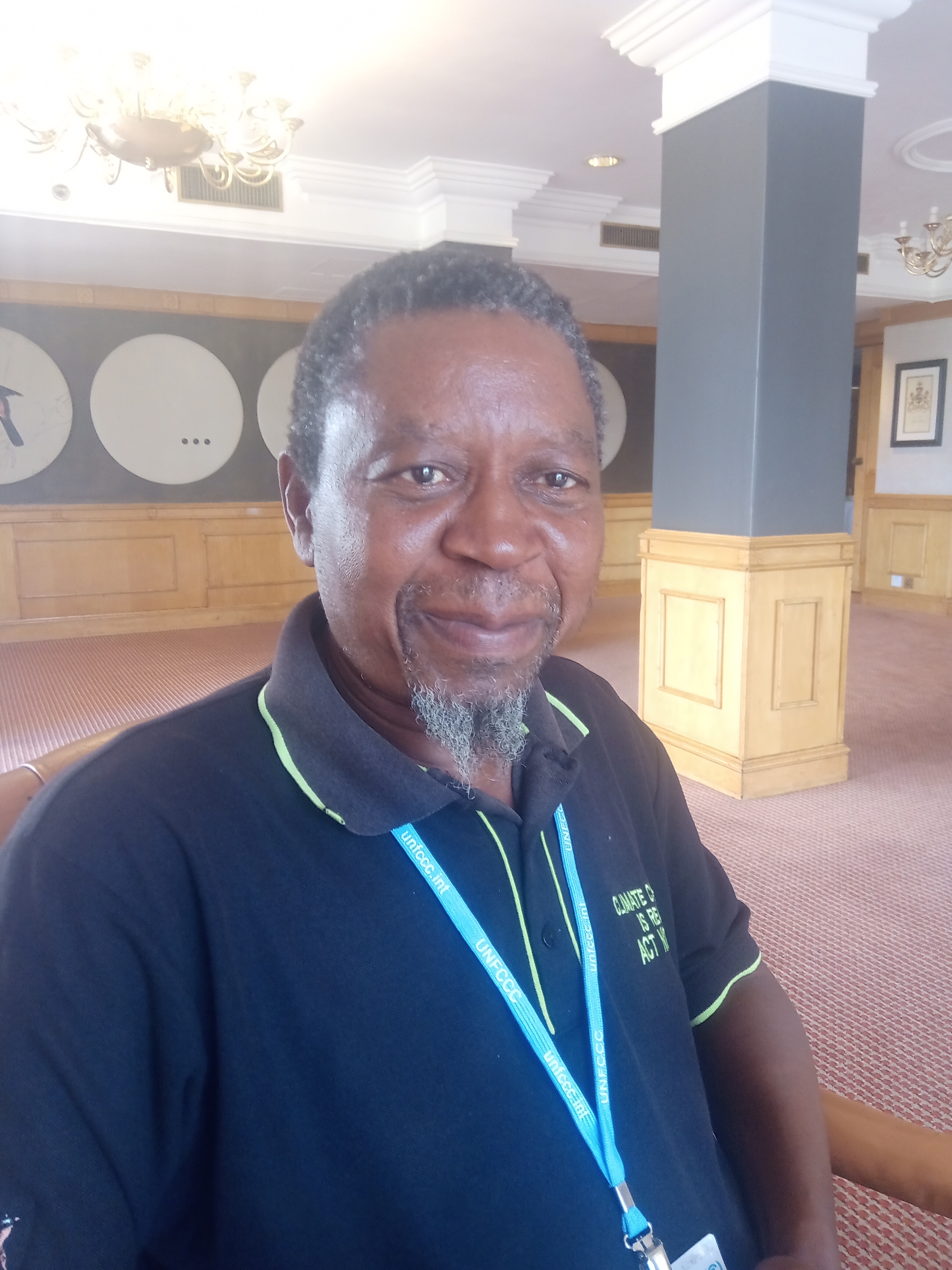Mr. Alois Tsiga, the Project Coordinator for the Fourth National Communications and First Biennial Update under the United Nations Framework Convention on Climate Change (UNFCCC) for Zimbabwe has said there are low hanging fruits for the country in complying with such requirements.
Speaking to Spiked Online Media in Harare today, Mr. Tsiga revealed that national communication refers to climate change reports submitted to government and the UNFCCC on country specific activities or actions to do with climate change.
These include mitigation, adaptation and inventory of greenhouse gases (GHGs) that the country produces. Zimbabwe is party to a number of multilateral environmental agreements. These include the UNFCCC, Combating Desertification, Montreal Protocol on Ozone Depletion and the Minamata Convention, just to mention a few. The country also has an obligation to report periodically on issues to do with the above mentioned environmental agreements every 3 to 4 years.
“Under these obligations, Zimbabwe is supposed to reduce greenhouse gases which cause global warming. By doing this, the country will be contributing to the global goal of reducing global warming to temperatures below 2 degrees celsius prior to industrialisation. Under the current training, Zimbabwe is being assisted to produce better quality, accurate reports of its climate change mitigation efforts.
“The inventory report of greenhouse gases will assist our industries and the agricultural sectors to develop on a sustainable basis in line with national development goals. Therefore the training is a good opportunity for industries and ministries to improve on their production methods. It also provides a window for investors, who, when they read our reports, can identify opportunities for investment in Zimbabwe,” Mr. Tsiga said.
The climate change expert said people need to be aware of their roles in terms of contributing to the reduction of greenhouse gases. This calls upon the ordinary person to use scarce resources sustainably.
“Government should move towards adoption of the use of more renewable energy sources like solar. In the transport sector, there is need to start looking at the use of electric vehicles. In addition, Zimbabwe has abundant resources of lithium which is used in the manufacture of electric batteries hence the need for more investment in that resource to produce batteries locally. There are countries prepared to assist us in the exploitation of such resources,” Mr. Tsiga added.
